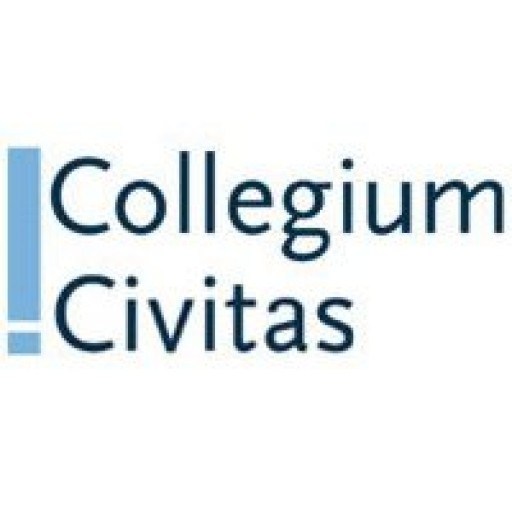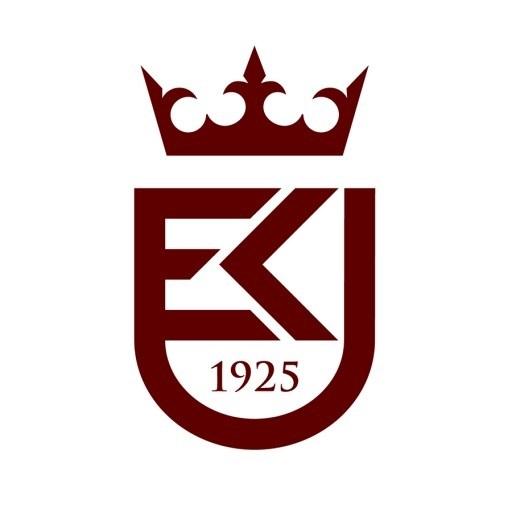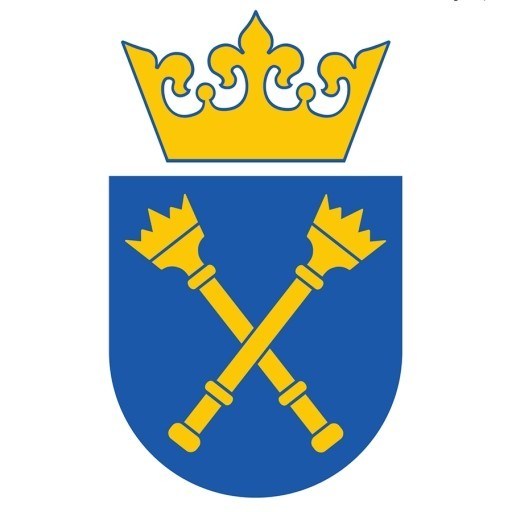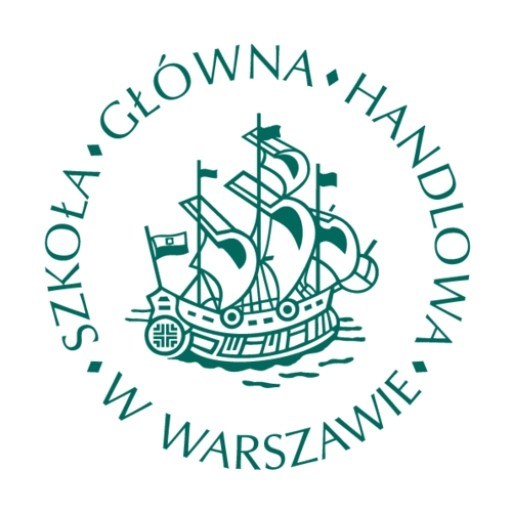European Studies at Collegium Civitas offers a comprehensive and interdisciplinary program designed to provide students with in-depth knowledge of the political, economic, cultural, and social aspects of Europe. The program aims to prepare graduates for careers in international organizations, diplomatic service, European institutions, NGOs, journalism, research, and foreign policy analysis. Students will explore the history and development of the European Union, European integration processes, and the diverse cultural landscapes of European countries. The curriculum combines theoretical frameworks with practical applications, including case studies, internships, and seminars with prominent experts in European affairs. Courses cover topics such as European law, institutions and governance, security challenges, migration, and economic policies. Emphasis is placed on critical thinking, analytical skills, and understanding the complexities of European cooperation and conflicts. The program encourages active participation in debates, project work, and international exchanges to foster a global perspective and intercultural competence. Students will develop proficiency in key languages relevant to European diplomacy and policy making, alongside advanced research skills. The program is delivered by experienced faculty members with extensive scholarly and professional backgrounds in European studies. Graduates will be well-equipped to analyze current European issues, engage in policy formulation, and contribute to European integration and development initiatives. The program seeks to promote an understanding of Europe's role in global affairs and the challenges it faces in shaping a unified and sustainable future. Upon completing the program, students will receive a Bachelor's degree in European Studies, enabling them to pursue postgraduate education or enter the workforce with a solid foundation in European issues.
European Studies at Collegium Civitas offers a comprehensive and interdisciplinary program designed to provide students with in-depth knowledge of European history, politics, economy, culture, and legal systems. The curriculum emphasizes understanding the complex and dynamic nature of the European Union, its member states, and their interactions on both regional and global levels. Throughout the course, students explore the development of European institutions, policies, and identity, gaining insights into the challenges and opportunities facing Europe today. The program combines theoretical background with practical skills, including analysis, research, and policy formulation, preparing graduates for careers in diplomacy, international organizations, public administration, and academia. Courses cover a broad range of topics such as European integration processes, security and defense, international law, European economic policies, and cultural diversity. Students have the opportunity to engage with notable scholars and practitioners, participate in seminars, workshops, and internships, and develop their critical thinking and intercultural communication skills. The program is designed to equip students with a nuanced understanding of European integration history, current issues, and future prospects. Graduates will be well-prepared to analyze complex European affairs, contribute to policy debates, and promote cooperation across borders. The program's multidisciplinary approach ensures that students acquire a holistic view of Europe, integrating perspectives from political science, economics, law, and cultural studies. The degree also emphasizes the development of language skills, with courses offered in English and sometimes other European languages. Practical components such as internships and study visits are integral parts of the curriculum, providing valuable real-world experience. Upon completion, students will possess a solid foundation and the analytical tools necessary to navigate careers involved with European affairs, whether in government, international organizations, NGOs, or private sector entities, fostering informed and active citizenship across the continent.
Students enrolling in the European Studies programme at Collegium Civitas are required to complete a comprehensive curriculum designed to equip them with a solid understanding of European political, economic, social, and cultural issues. The program mandates the successful completion of core courses such as European Integration, European Political Systems, International Relations, Economics of the European Union, and European Law. In addition to these foundational classes, students must undertake a series of specialized electives that deepen their knowledge in areas like European security, migration policies, EU governance, and regional cooperation. Practical components are integral to the program, including participation in seminars, workshops, and possibly internships with European institutions or related organizations, to foster real-world experience and professional skills. To graduate, students are generally required to complete a final thesis that demonstrates their ability to conduct independent research on a pertinent topic within European studies, often under supervision from faculty members. Language proficiency is also emphasized; students are expected to attain at least intermediate proficiency in at least one European language other than English, with additional language courses available to enhance communication skills across diverse European contexts. The program promotes interdisciplinary learning, critical thinking, and comparative analysis, encouraging students to engage with contemporary issues facing Europe. Collaborative projects, study trips, and guest lectures from European policymakers and scholars are frequently incorporated to enrich the academic experience. Overall, the program aims to prepare graduates for careers in international organizations, governmental agencies, NGOs, or further academic pursuits, by providing a comprehensive, multi-dimensional understanding of European affairs and the skills necessary to contribute effectively in a European and global context.
The European Studies program at Collegium Civitas offers a range of financing options designed to support students throughout their academic journey. These options include government scholarships, university grants, external funding opportunities, and private sponsorships. Government scholarships are available for both Polish and international students, often based on academic merit or financial need, and may cover partial or full tuition fees. Collegium Civitas also provides internal scholarships for outstanding students, which are awarded based on academic achievements, extracurricular involvement, and overall contribution to university life. Additionally, the university encourages students to apply for external funding sources such as Erasmus+ programs, which facilitate student exchanges within Europe and sometimes include stipends to offset living costs. There are also possibilities for students to obtain private sponsorships or corporate funding, particularly for those pursuing research projects or internships related to European integration and policy studies. The university actively informs students about scholarship deadlines, application procedures, and eligibility criteria via their official website and student support services. Furthermore, students are advised to explore national grants available through Polish agencies for international students or those studying specific disciplines. Collegium Civitas sometimes collaborates with European institutions and organizations to provide joint funding programs, internships, or fellowships, thus broadening the financial support networks available to students in their European Studies program. Overall, the financing strategies aim to reduce financial barriers and enable students to focus on their academic and professional development in European affairs.
European Studies at Collegium Civitas is a comprehensive undergraduate program designed to provide students with an in-depth understanding of European integration, policy-making, and cultural diversity. The curriculum combines political science, economics, history, law, and sociology to offer a multidisciplinary perspective on Europe's development and its role in global affairs. Students are encouraged to analyze the European Union's institutions, decision-making processes, and external relations, preparing them for careers in diplomacy, international organizations, or policy analysis. The program emphasizes practical skills through internships, seminars, and workshops with practitioners from EU institutions and Polish governmental bodies. Courses are delivered by experienced faculty with expertise in European affairs, ensuring a high standard of education and relevant knowledge. The program also offers opportunities for international exchange, allowing students to study at partner universities across Europe, thereby enriching their intercultural competencies and language skills. Graduates of the European Studies program are equipped to work in diverse fields such as public administration, international businesses, NGOs, and research institutions. The program aims to produce graduates who are critically minded, culturally aware, and capable of engaging with complex European and global challenges. The program is tailored to address current trends and future developments within Europe, incorporating contemporary issues like migration, security, economic integration, and sustainability. Students will also learn about the history and evolution of European institutions, the legal frameworks governing the EU, and the socio-political processes influencing policymaking. The academic environment fosters critical thinking, analytical skills, and effective communication, which are essential for a successful career in international and European affairs. Overall, the European Studies program at Collegium Civitas prepares students for active participation in shaping Europe's future through a well-rounded education grounded in theory, practice, and intercultural understanding.








